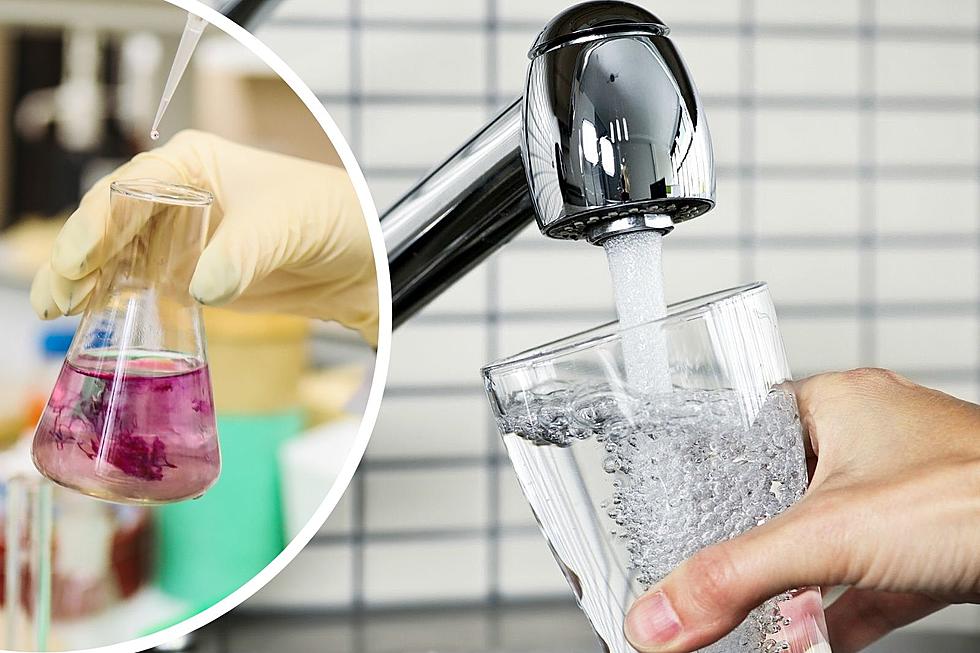
Contaminated water study in NJ town needs more volunteers
PAULSBORO — The true reach and impact of drinking-water contamination from years ago in this Gloucester County borough remains unknown.
To get a better picture of the potential health effects, researchers still need hundreds of individuals from the area to volunteer to be part of a blood study that's been running since last fall.
"The goal is to have 1,000 adults and 300 children partake in the study. We're somewhere around close to 300 adults and a little over 30 children," said Robert Laumbach, of Rutgers University, who's directing the New Jersey operations of a multi-site study conducted by the Centers for Disease Control and Agency for Toxic Substances and Disease Registry.
Paulsboro was one of eight sites chosen across the country due to the high levels of "forever chemicals" (per- and polyfluoroalkyl substances) found in the municipal drinking water system in 2009 and 2013, the result of a local industrial source. For decades, PFAS have been used in the production of items such as certain cosmetics, grease-resistant products, and firefighting foam.
The blood of study participants will not only be tested for the presence of PFAS, Laumbach said. It'll be analyzed for certain health measures as well, including cholesterol, thyroid and liver function, and immune system markers.
"The reason why we're doing this study is to further evaluate a lot of these preliminary suspicions that we have about a lot of different health effects," Laumbach said.
In addition, study participants are interviewed. Children also receive neurobehavioral testing, due to certain developmental and educational issues that have been linked to increased PFAS exposure.
Essentially everyone has PFAS in their blood, Laumbach said, but at one point, the level of PFNA, a type of PFAS, in Paulsboro's drinking water was the highest level that had ever been measured, worldwide.
The contaminated Paulsboro well was shut down in 2014, and reopened with filtration about two years later. Paulsboro's water today is cleaner than the water in many communities, Laumbach said, due to an extensive treatment process and regular testing.
Adults aged 18 and older who lived in Paulsboro at any time from January 2005 to April 2014 are eligible for the study, along with kids aged 6 to 17 who lived in Paulsboro at any time through April 2014, with parent or guardian permission. Individuals may not be eligible if they "worked in industry or were a firefighter."
Rutgers held a virtual community meeting Wednesday night to provide an update of the ongoing study and put a call out for additional participants.
A recent report from the National Academy of Sciences recommended that agencies such as the CDC revise their guidance to say that clinicians should offer education and blood testing to patients who are likely to have a history of elevated PFAS exposure.
Testing is generally not covered by insurance and can cost an individual hundreds of dollars. Testing is free for Paulsboro study participants. In fact, people receive up to $75 in gift cards for completing the study.
In March, the head of the New Jersey Department of Environmental Protection said that 76 public water systems, which serve around 733,000 people, have been found to have noncompliant levels of PFAS.
Dino Flammia is a reporter for New Jersey 101.5. You can reach him at dino.flammia@townsquaremedia.com
Click here to contact an editor about feedback or a correction for this story.
States with the most registered hunters
KEEP READING: Scroll to see what the big headlines were the year you were born
More From New Jersey 101.5 FM









